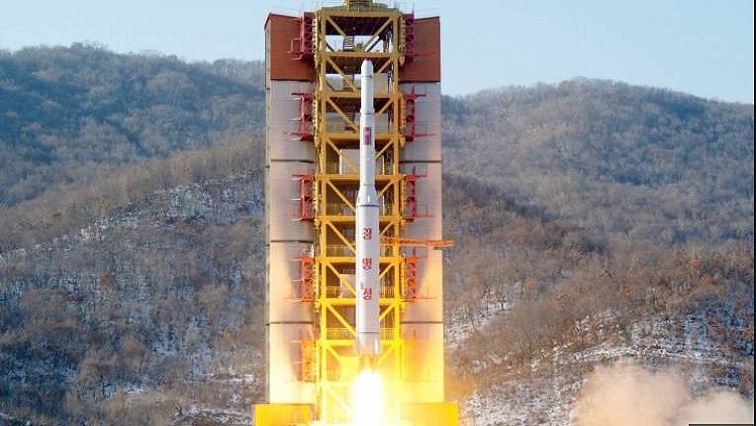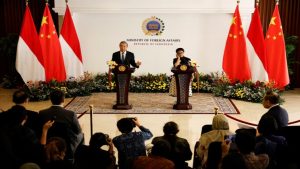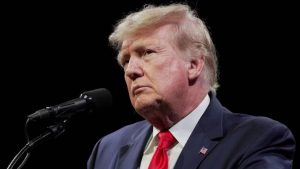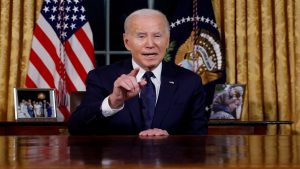China and Russia have again proposed an action for action approach as it relates to the denuclearization of the Korean Peninsular, particular in the Democratic People’s Republic of Korea.
Their position comes amid growing tensions after talks between North Korean and the United States, that historically started in 2018 have stalled in recent months.
The DPRK’s top official to the United Nations indicated over the weekend that denuclearisation was off the table and that lengthy talks with Washington were no longer needed.
Pyongyang has given United States President Donald Trump until the end of the year to offer concessions.
The United Nations confirmed that two missiles launched by the DPRK on November 28 marked the 13th time the country had launched ballistic missiles and other projectiles this year, in violation of Security Council resolutions.
An Assistant Security General for Political and Peacebuilding Affairs, Khaled Khairi says, “The Secretary-General is very concerned by the latest developments on the Korean Peninsula. The DPRK’s reference to launching ballistic missiles and its threat of potentially taking a so-called “new path” in the coming weeks is deeply troubling. The Secretary- General is reiterating his call on the DPRK leadership to comply fully with its international obligations under relevant Security Council resolutions, resume working-level talks with the United States, and work for peace and stability.”
The United States Ambassador Kelly Craft said her country remained flexible in its approach but warned that the tests undermine regional stability and security, and urged the Security Council to be prepared to act accordingly.
Craft says, “Let me be clear, the United States and the Security Council have a goal, not a deadline. We have outlined this goal in detail in the series of unanimously adopted SC resolutions. We want to use this timely briefing to make crystal clear to the DPRK that it’s continued ballistic missile testing is deeply counterproductive to the shared objectives that President Trump and Chairman Kim had discussed on two occasions. Missile and nuclear testing will not bring the DPRK greater security.”
Russia and China suggested Council review some restrictions on the DPRK as a confidence building measure while Moscow’s envoy said it might be time for a new Security Council political resolution on the DPRK file to boost the process.
Russian Ambassador, Vassily Nebenzia says, “Sanctions cannot replace diplomacy and a negotiating process is a two-way street. It’s impossible to agree on something without offering something in return. No-one is challenging the fact that the existence in the DPRK of a nuclear missile is unacceptable, however how can you expect progress when Pyongyang is told to unequivocally told to agree to all conditions that are imposed for the promise of future benefits. We have often stated that the path to denuclearisation, not only in the DPRK but of the entire Korean Peninsular, must start with strengthening confidence building measures.”
China said an easing of sanctions could create favourable conditions for improved dialogue.
Ambassador Zhang Jun says, “This is in line with the spirit of the resolutions conducive to the easing of the humanitarian and livelihood related situation in the DPRK, conducive to creating a favourable atmosphere for dialogue, conducive to encouraging the DPRK to take greater strides in the direction of denuclearisation and conducive to creating conditions and lending impetus to the political settlement of the peninsular issue.”
South Africa for its part called for sanctions to be implemented in a balanced manner and urged the DPRK to implement its obligations under the various Council resolutions.






